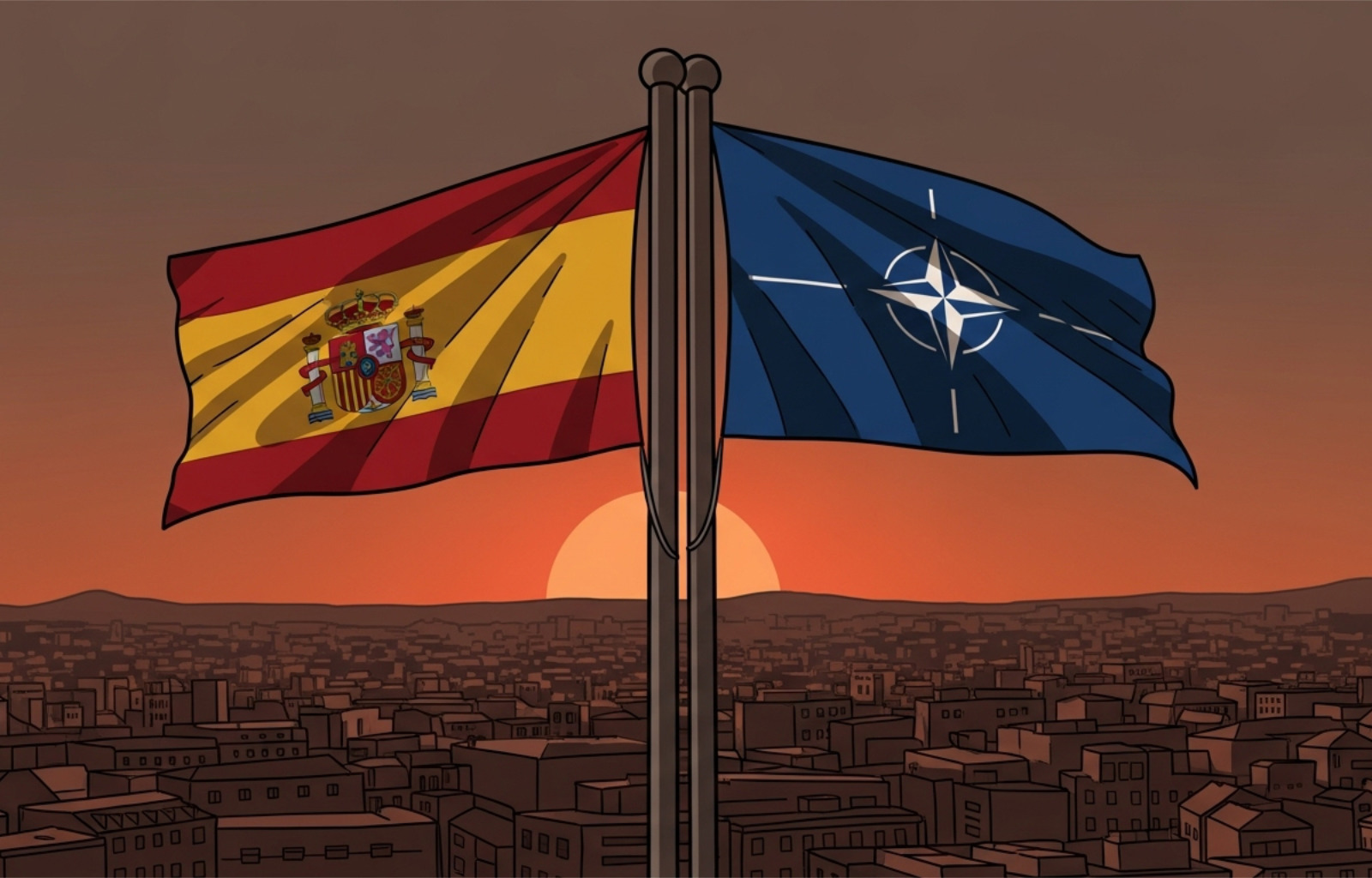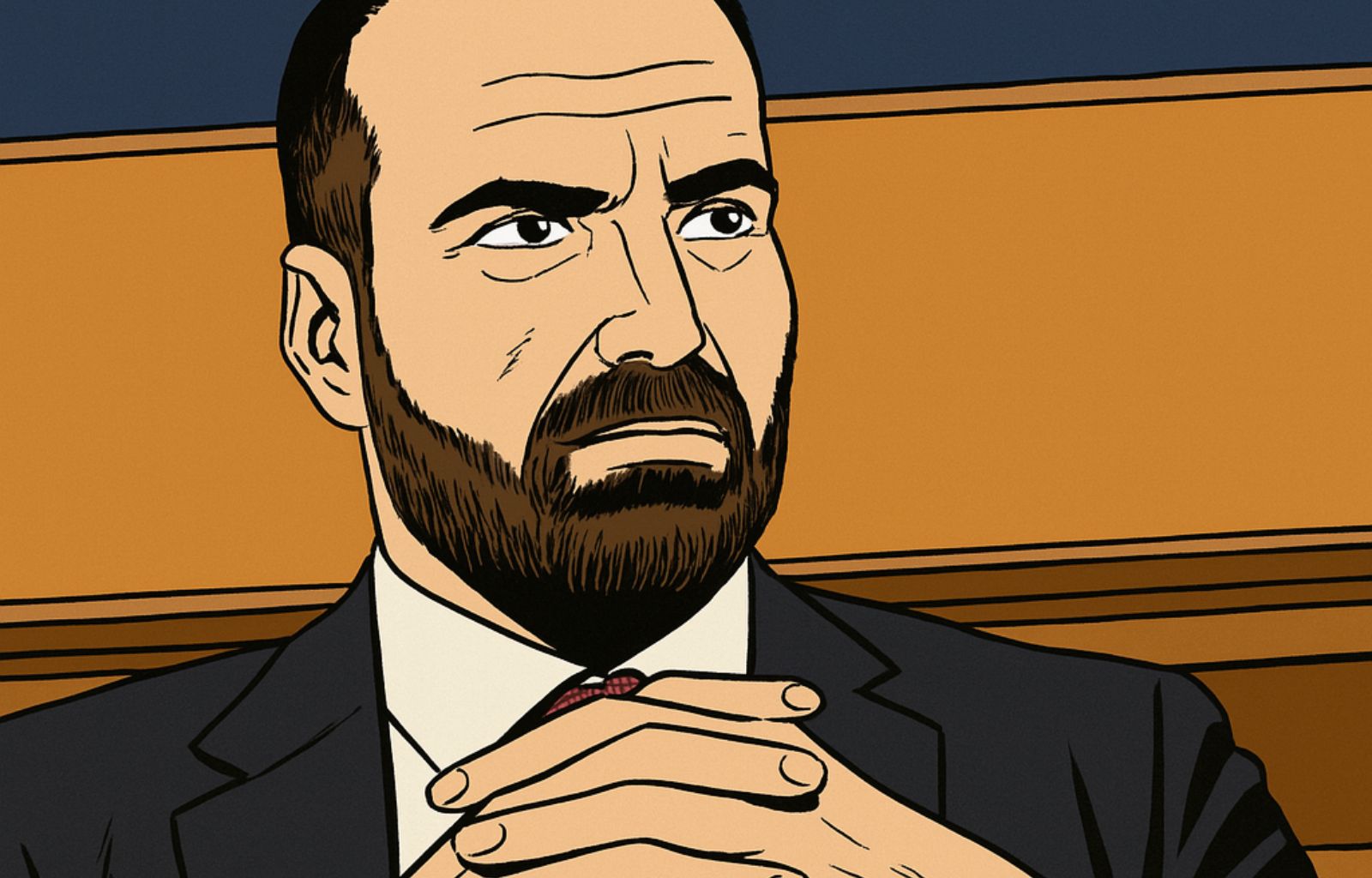Angela’s debt, Merkel finally breaks the austerity taboo

Angela Merkel, a central figure in European politics for more than a decade, is back in the news with her memoir, entitled ‘Freedom’, out today in thirty countries. In the book, the former German Chancellor addresses one of the most controversial issues in German economic policy: the so-called debt brake, a constitutional provision introduced during her government that imposes a strict budget balance on public bodies.
Despite having supported and promoted the inclusion of this principle in the German Constitution, Merkel is now proposing its reform, considering it necessary to face Germany’s new economic and social challenges. With these statements, Merkel enters directly into the debate that recently led to the crisis of Olaf Scholz’s government, culminating in the dismissal of the liberal Finance Minister, Christian Lindner, a well-known intransigent defender of the debt brake.
Strategic rethinking
In the book, Merkel reaffirms the validity of the original idea of the debt brake, introduced to ensure responsible management of public finances and preserve resources for future generations. However, she points out that changed economic, social and demographic circumstances make a revision of the rule necessary. In order to avoid social tensions and respond to demographic changes, Germany should allow more debt for future investments, while avoiding compromising its social cohesion and international competitiveness.
In the collective imagination, Merkel has for years been synonymous with austerity and fiscal discipline, not only in Germany but throughout Europe. The rigorous policies she advocated, presented as indispensable for the stability of the eurozone, reinforced this image, but attracted criticism for their impact on growth and social cohesion, especially in the countries most affected by the sovereign debt crisis. However, already in 2020, together with Emmanuel Macron, Merkel had embraced a historic breakthrough with the Next Generation EU, which for the first time introduced common European debt to finance strategic post-pandemic investments.
On the side of pragmatism
As during the Syrian refugee crisis, the Merkel of the memoirs appears less dogmatic and more pragmatic, capable of adapting her positions to circumstances. This book confirms the image of a leader capable of combining continuity and flexibility, keeping her basic principles intact but revising them to respond to extraordinary situations.
Merkel emphasises the increasing pressure on key areas of public spending, such as defence, research and sustainability. The former CDU leader recognises that NATO commitments, such as allocating at least two per cent of GDP to defence, are not sufficient to guarantee security in an unstable geopolitical context. At the same time, the climate and digital transition requires substantial investments, as does the development of green infrastructure and industrial reconversion to achieve climate neutrality by 2045.
A combination of rigour and pragmatism emerges in Merkel’s message. While she defends the principle of fiscal rigour as the foundation of German economic stability, she also recognises that the 21st century requires a more flexible approach. The social tensions resulting from the competition for limited resources can only be addressed through targeted and sustainable investments that ensure shared and lasting prosperity.
With ‘Freedom’, Merkel not only reflects on her past, but offers a vision for Germany’s future. Her openness to reforming the debt brake is an important step in the political-economic debate. Although bound in the collective imagination to an almost dogmatic economic rigour, her memoirs show an ability to change course in the face of extraordinary events. For a Germany at a crossroads between tradition and change, Merkel’s voice may once again prove decisive.











